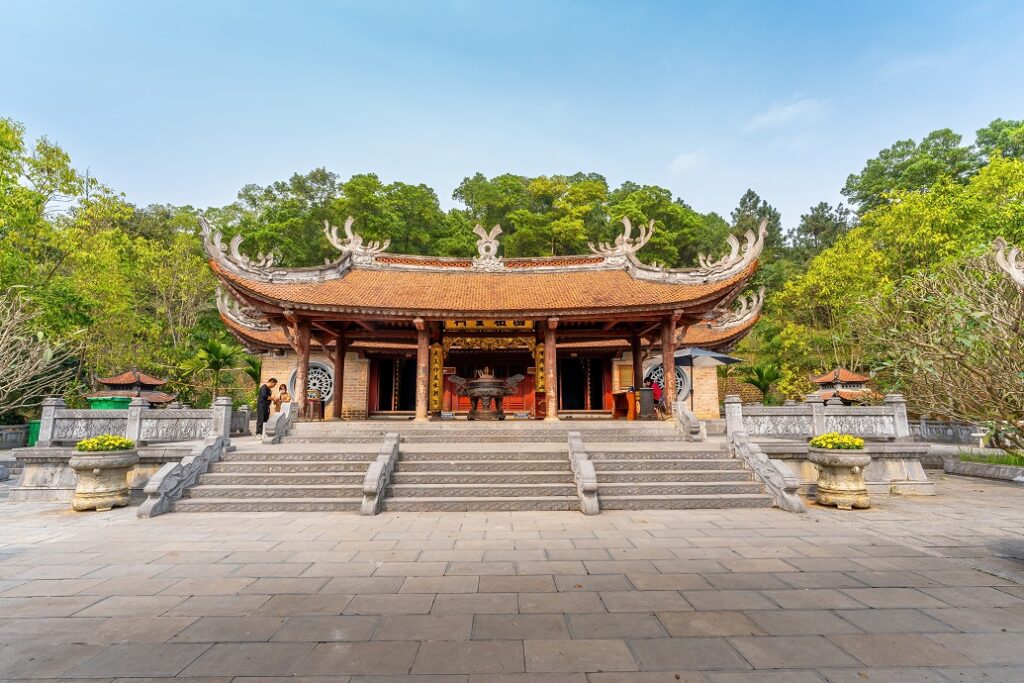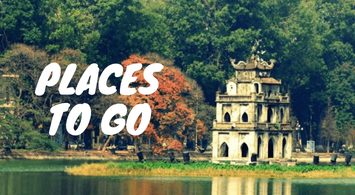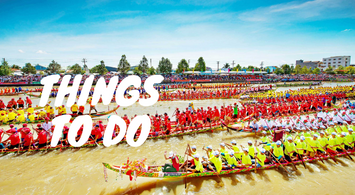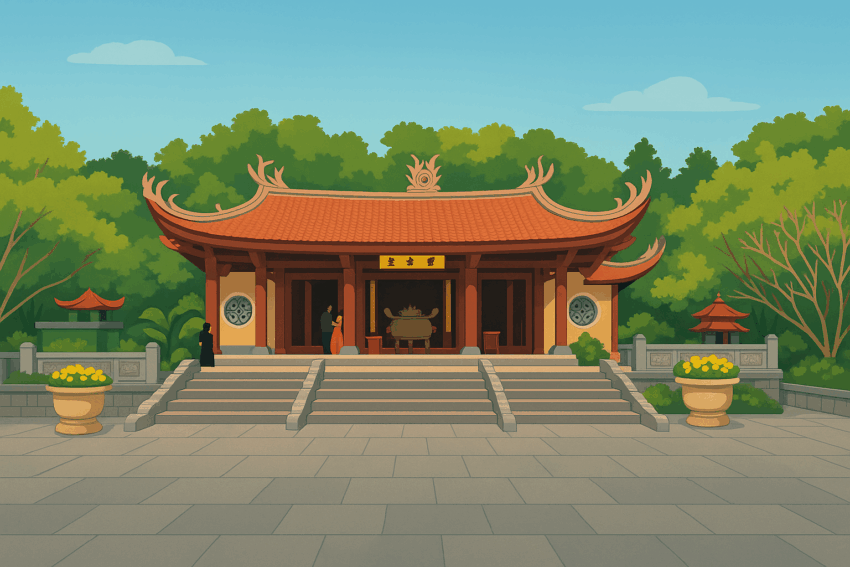Hung Temple, located on Nghia Linh Mountain in Phu Tho Province, Vietnam, is one of the most sacred historical sites in the country. It is dedicated to the legendary Hung Kings, who are believed to have founded the first Vietnamese state, Van Lang, over 4,000 years ago.

Historical Significance
Hung Temple is an essential part of Vietnam’s national identity. According to legend, the Hung Kings played a crucial role in shaping Vietnamese culture, traditions, and governance. The site consists of several temples, including Lower Temple (Den Ha), Middle Temple (Den Trung), and Upper Temple (Den Thuong), each serving a specific spiritual purpose.
Hung Kings’ Festival
Every year, on the 10th day of the third lunar month, thousands of Vietnamese people gather at Hung Temple to commemorate the Hung Kings. The festival includes traditional ceremonies, processions, folk performances, and offerings. It is a time for people to honor their ancestors and express their national pride.
Architectural Beauty
Hung Temple showcases the artistry of Vietnamese architecture, blending ancient designs with natural surroundings. The temples are adorned with intricate carvings, majestic gates, and serene courtyards, reflecting the solemn atmosphere of the site.
A Symbol of National Heritage
Hung Temple is not just a religious site but a symbol of Vietnam’s long-standing history and resilience. In 2012, UNESCO recognized the Hung Kings’ worship rituals as part of the world’s intangible cultural heritage, highlighting their deep-rooted significance in Vietnamese culture.
Hung Temple remains a must-visit destination for those who seek to explore Vietnam’s rich history and spiritual traditions. Have you ever visited this incredible site?




